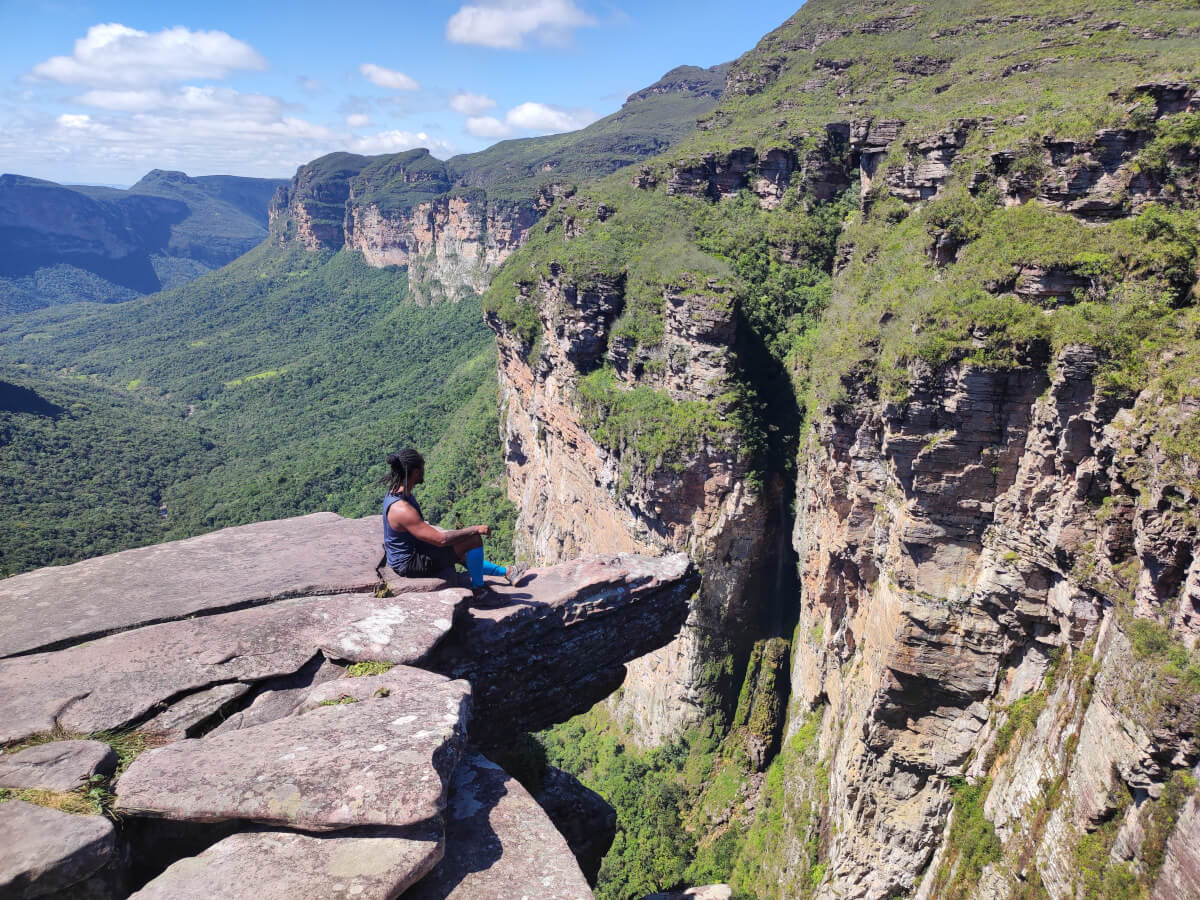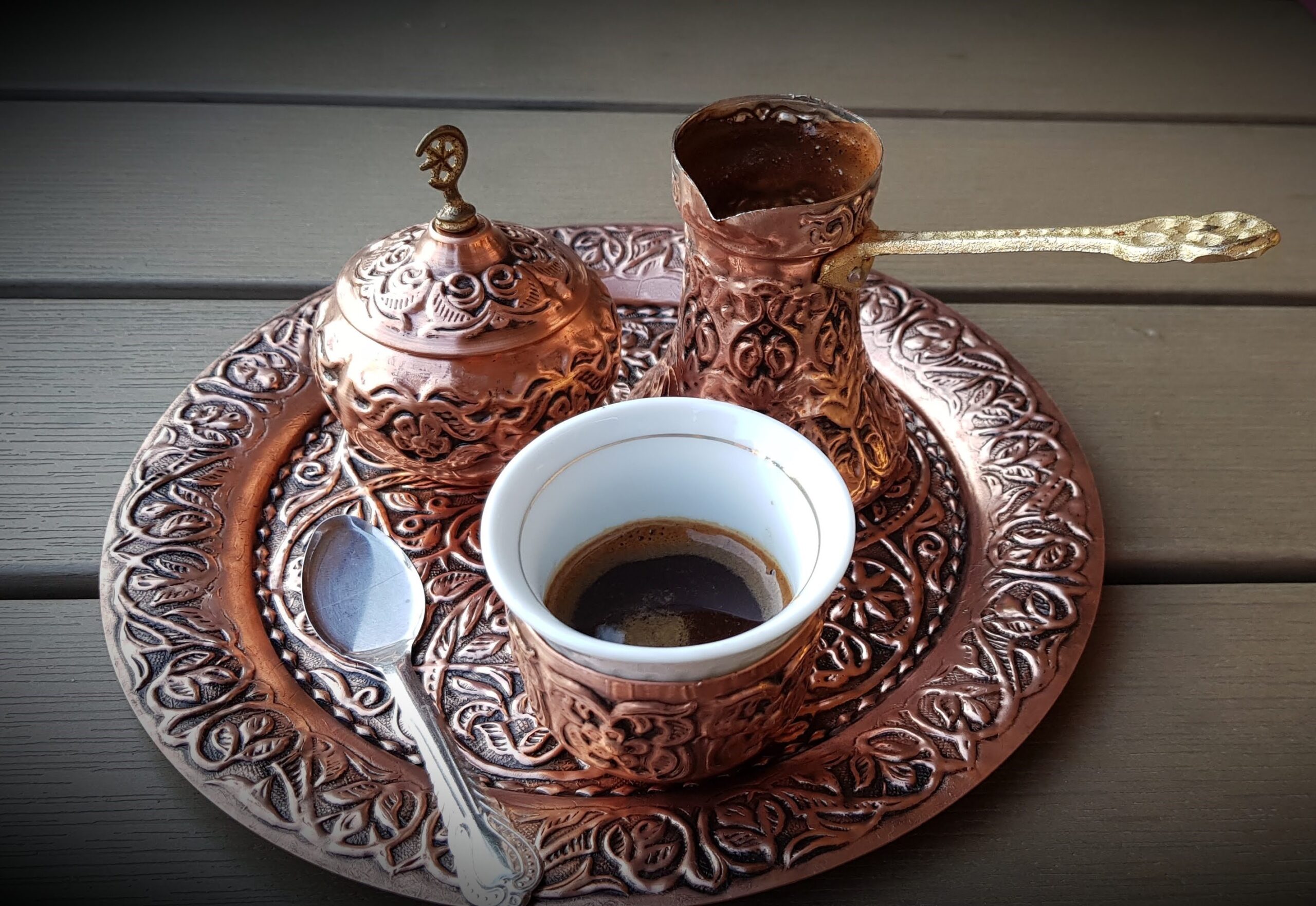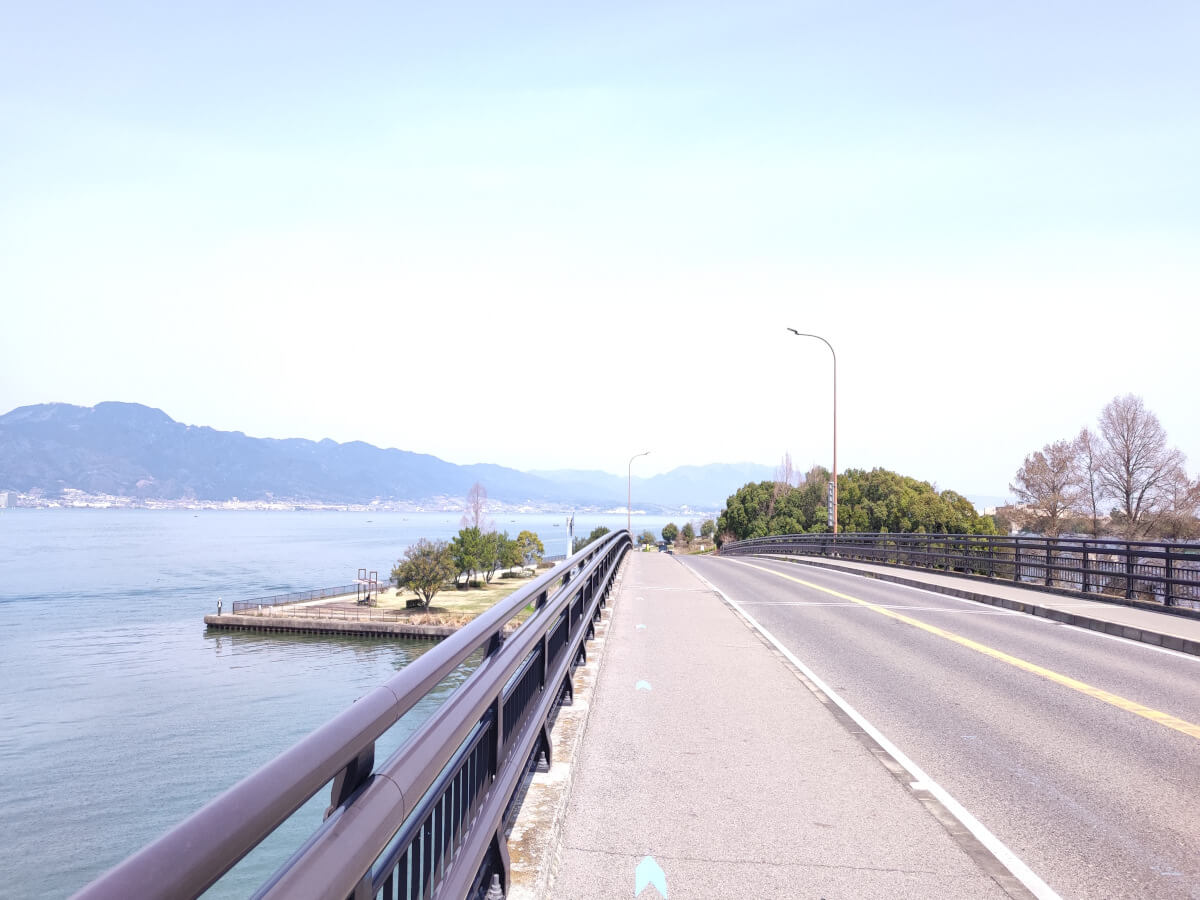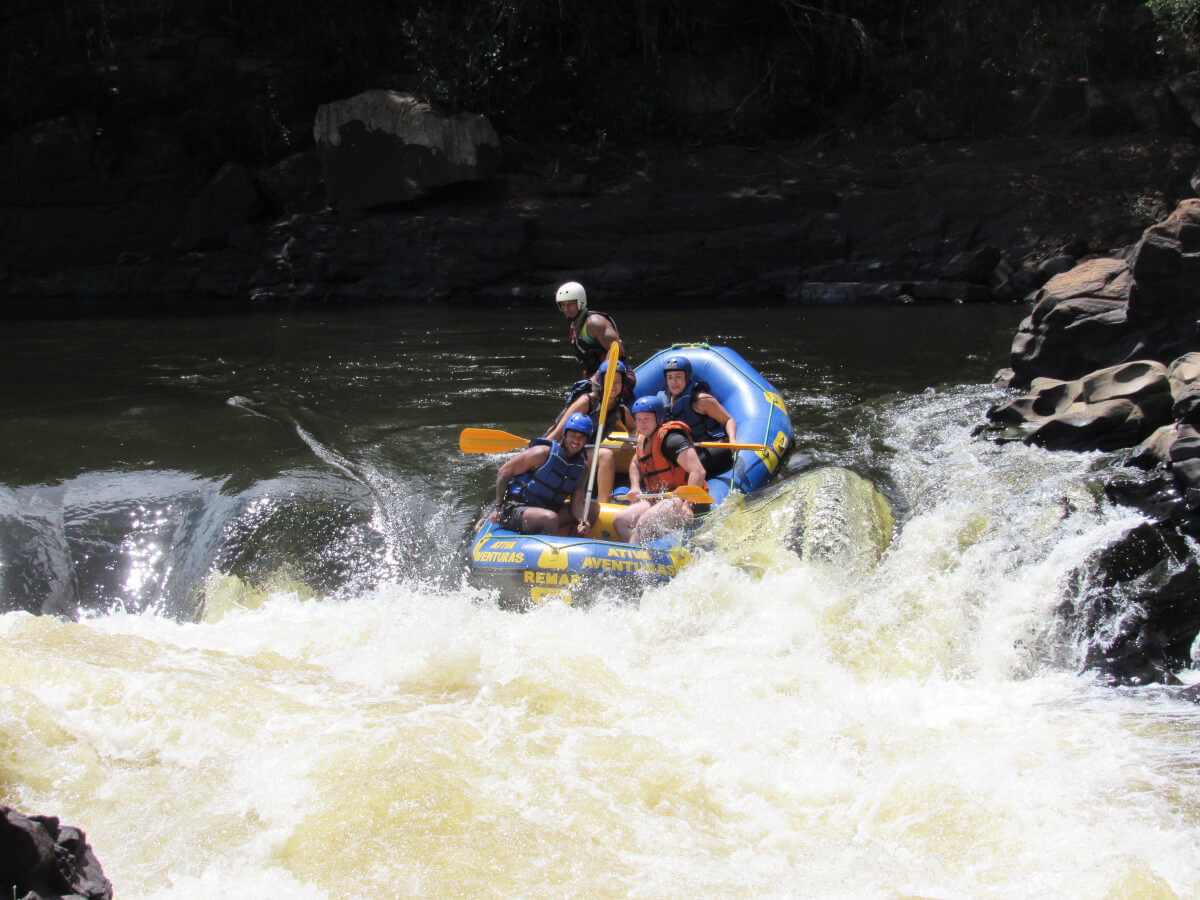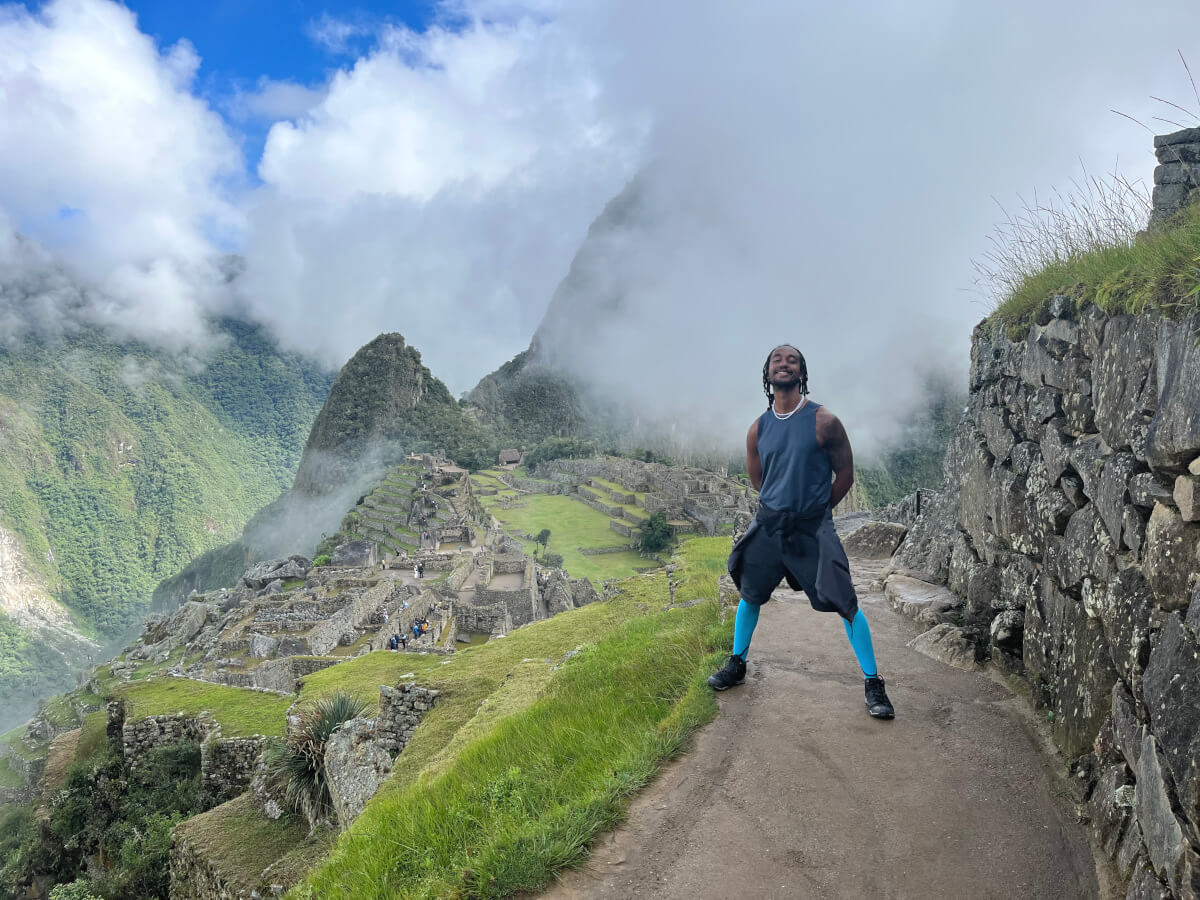Samba, carnival, soccer, and beautiful beaches – these are things that people usually associate Brazil with. And yes, Brazilians love to party, dance, and play soccer. However, there are a few more things that you should know before going to Brazil.
Of course, Brazil is a big country with many differences, but I have observed certain things are common across the country, which I summarize here. I hope this blog post about 11 things you should know before visiting Brazil will prepare you well.
I lived in Brazil for 23 years and traveled throughout the country across 17 states. There are several places on my bucket list to explore in the following years, but my experience in my home country will help you to learn more about the Brazilian culture.
Table of Contents
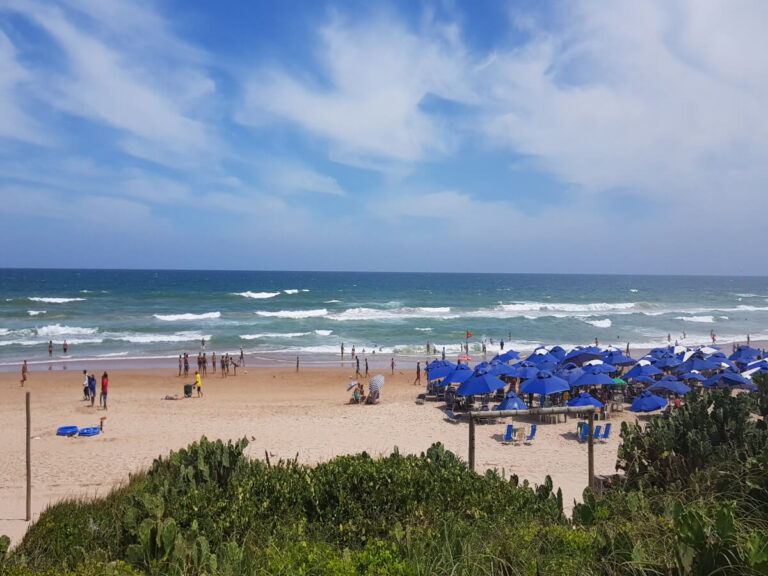
Everything's a bit louder in Brazil
Brazil is a very loud country, so those coming from a more silent culture might be surprised by how loud everything is. People talk very loudly; to me, it is as if they are shouting while talking.
It can be challenging to participate in conversations when you are more introverted or do not have a loud voice. Usually, people will not wait for you to make your turn but will continue speaking. Here, the motto is ‘survival of the loudest.’
Also, don’t be surprised to hear loud music wherever you go. Music blasting out of the trunk of a car with fancy loudspeakers is usual to see in Brazil. They park the car next to the beach or on the street with loud music. It might be a big difference for many, and some might even think that Brazilians are not considerate towards others regarding noise, which is true in many cases.
Gringo is the king
Brazilians are indeed very open and hospitable. They will treat you well when you come to Brazil as a foreigner. They have this notion that foreign means better. You will receive special attention and extra care in restaurants, for example.
Most Brazilians have yet to travel outside their country, so they will meet foreigners with a lot of curiosity. It even happened a few times when I was in a restaurant with my partner, where the staff told me she was the first foreigner they had ever spoken to.
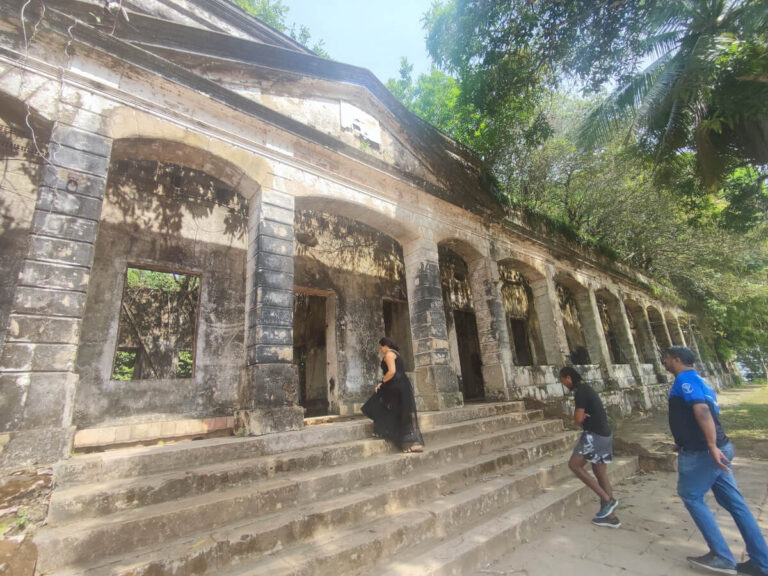
The big racial mix
Anyone who learns a bit about the history of Brazil knows that it is a highly racially mixed country. Seeing many skin colors and complexions can strike some people on their first visit. It’s not rare to have different skin colors in one’s family. This common mix is the reason why there is no typical Brazilian look.
While there is no typical Brazilian look, there is a distinctive one regarding who holds power in the country. That look is very white. What struck me the most is that in a predominantly black or mixed country, the minority of white people is in powerful positions in society.
Racial inequality is visible in the Brazilian government and everyday life: Whenever I went to someone’s house who was better off financially, the house owner was white. An official Brazilian survey conducted in 2022 backs up my observation: On average, white Brazilians earn 61,4% more than black Brazilians.
Even for me, as a black Brazilian, it is still a shock when I visit my family in Bahia, where most people are of African descent. I see many black people on the streets, but when I go to a restaurant with a higher price tag, despite the staff, there are almost no darker-skinned people as customers, with a few exceptions.
Integration is easy
Brazilians are very open people. They encounter people that they don’t know with big openness. It’s entirely normal for them to invite you over to their place even if they met you for the first time. Forming friendships and getting to know people are all things that happen very fast in Brazil.
Even if they may not speak English, they will integrate you into their circle of friends. The language barrier might not be a big problem in Brazil because they are very expressive and open. Most Brazilians will do their best to try to communicate with you.
For peace of mind while traveling or living abroad, consider SafetyWing's health insurance. Their Essential plan covers travel and medical emergencies, including adventure sports and electronics theft. The Complete plan adds routine healthcare, mental health support, and maternity coverage worldwide, including your home country. Both plans are ideal for ecotourists and digital nomads.
You won't get far with English only
Being such a tourist country, you might think that Brazilians speak English. Don’t be surprised when you realize that only very few people know English, let alone another language. Perhaps it’s different in hotel resorts, but when you travel through the country, you will not encounter many Brazilians who speak English.
It’s good to learn a few useful phrases before your trip or use Google Translate. But don’t worry too much. Even with limited language knowledge, Brazilians will make it easy for you and get out of their way to help you.
Food is a top priority
Brazilians love to eat, and they are very proud of their food. Indeed, Brazilian cuisine is varied. They have many different fruits and all sorts of root vegetables. You might be surprised by the various fruit and vegetable options in supermarkets and sellers on the street.
One can spend many weeks or even months in the country and yet haven’t even tried the majority of the different fruits they have. Brazil is a big country, so the dishes vary throughout the country. Some states are famous for specific dishes: ”Pao de queijo” – a cheese bread is renowned in Minas Gerais; Bahia cuisine has a strong African influence; the North is famous for its Açaí, and the South for delicious BBQ.
Also, food plays a big part in connecting people. Brazilians usually meet over food rather than over a cup of coffee. This is the most important thing to know before going to Brazil. Keep in mind that Brazilians love to share their food, so offering your food from your plate to others is not uncommon.
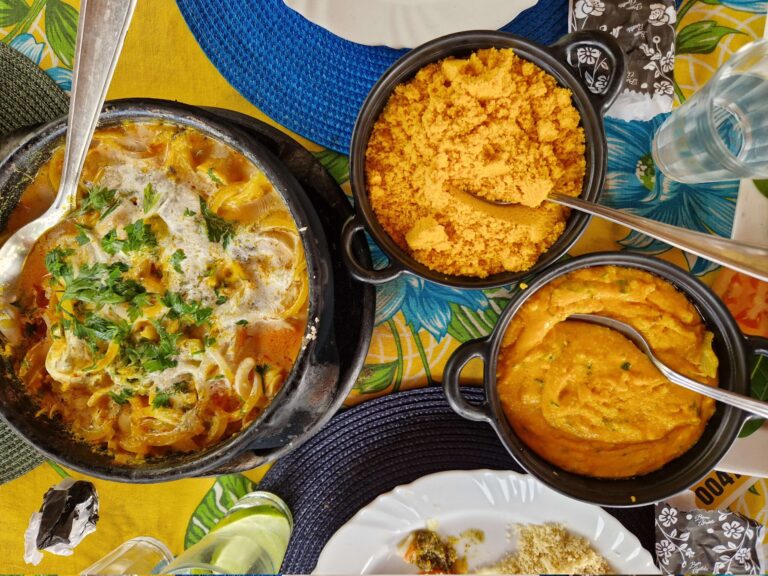
The different landscapes
Brazil is such a diverse country due to its sheer size. It’s the biggest country in South America and the fifth-largest country in the world. Even though the carnival and the beaches are world-famous, Brazil has many more extraordinary things: the Amazon rainforest, the Pantanal wetlands, the Atlantic forest, and vibrant cities such as Salvador, São Paulo, and Rio de Janeiro.
I visited the Chapada Diamantina National Park in Bahia, which is bigger than some European countries! This is just to give you an idea about the sheer size of this country.
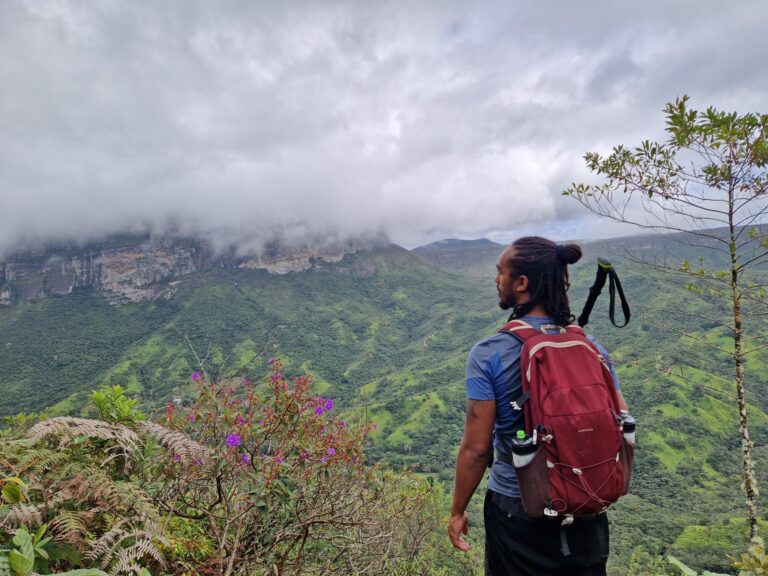
Read about more activities in Chapada Diamantina:
The security concern
One of the things you should know before going to Brazil is the security situation. Brazil is one of the most unequal countries in the world – inequality and corruption fuel violent crime.
You should be careful and take care of yourself wherever you go, but be extra cautious in Brazil. While violent crime is uncommon against foreigners, you should avoid doing certain things.
Here is a summary of what you should avoid:
- Only stroll around the city if you know where you are going. You can quickly end up in a bad neighborhood.
- Don’t go to the favelas. Favelas are famous worldwide and attract attention from tourists, but don’t go there alone. You don’t know what could happen to you. In case you get into trouble, it will be difficult to receive help, as many favelas are police-free zones.
- Avoid walking outside at night. While I am used to seeing women walking back home at night from a club in Belgrade, this is something that no woman would do in Brazil.
- Don’t flash your camera and phone. Take extra care of your belongings when you are outside. While I would often leave my laptop on the table while I go quickly to the toilet in a cafe in Belgrade, I would never do so in Brazil.
Wealthier Brazilians live in so-called condominiums. A condominium is a housing or building complex in a gated community. Before entering the condominium, guests must pass a security check and leave their contacts at the gate to ensure security. The ones who don’t live in condominiums usually have iron gates in front of windows and doors to keep them safe.
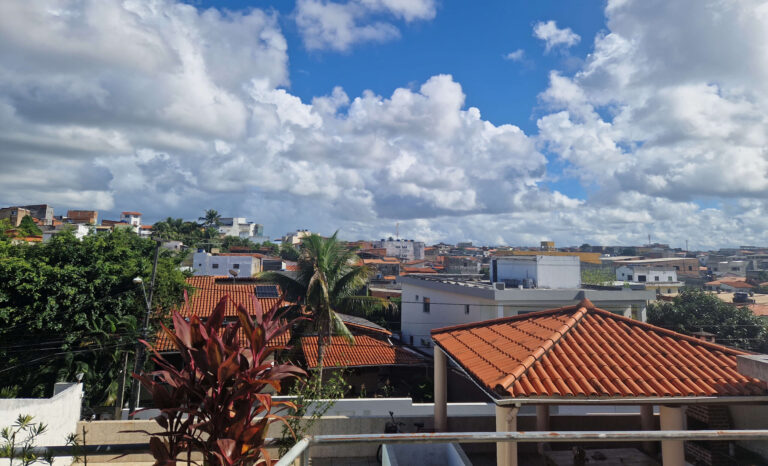
You can pay nearly everywhere by card
I have not had one occasion in Brazil where we couldn’t pay by card. While it’s always good to have cash on you, you can pay by card in most places.
There is also a payment system called ‘Pix‘, which enables easy money transfer using a cellphone. However, you must have a national registration number to use this system because it must be linked to a Brazilian bank account.
Traveling in South America in countries like Colombia and Peru, I had many situations where card payment was challenging. When it was possible, they would charge an extra 1% to 5% or a fixed amount in the local currency to make the card payment. You won’t have this issue in Brazil.
It's a country of extroverts
I have already mentioned how friendly and welcoming Brazilians are to foreigners. To me, it seems the whole country is a country of extroverts. In general, people are very talkative, expressive, and loud. They like to hang out in big groups. Even though you might want to meet up with one friend, that friend will bring one or more friends.
The notion of one’s private space is much smaller than in other countries. Brazilians don’t shy away from body contact. When they greet you for the first time, they will hug or kiss you, share their food on the plate with you, and quickly invite you to their home.
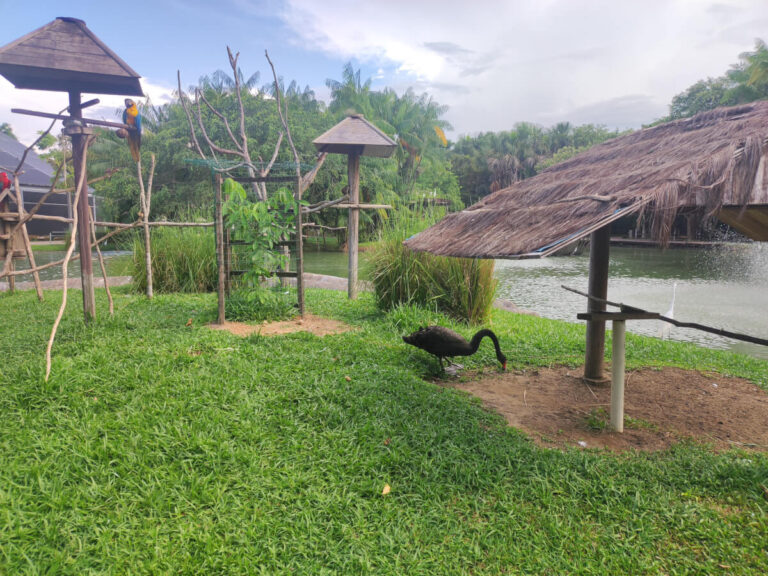
Put your toilet paper in the trash bin
This might surprise Europeans, but Brazilians don’t flush toilet paper down the toilet but throw it into trash bins. It’s because their pipes cannot handle waste and clog easily. Be a good guest, and put your toilet paper into the bin. This is one of the most important things to know before going to Brazil to avoid having unpleasant issues during your trip.
Conclusion
This blog post summarizes 11 things to know before going to Brazil. I hope that you are more prepared to start your explorations.
See you on the next adventure! Bye!!



